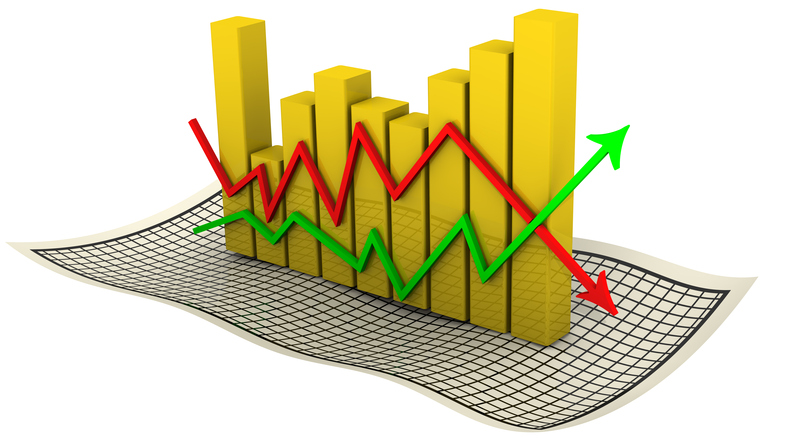Introduction:
The realm of finance is a highly dynamic and interconnected ecosystem, where diverse asset classes and trading mechanisms interplay to shape market dynamics. In recent times, the role of futures and options trading in influencing stock market volatility has garnered significant attention. While some argue that these instruments amplify market swings, others maintain that they play a crucial stabilizing role. This article delves into the intricacies of this complex relationship, examining the historical perspectives, current trends, and expert insights surrounding the impact of futures and options trading on stock market volatility.

Image: www.tradingschools.org
Origins and Evolution of Futures and Options Trading:
Futures and options trace their origins to the agricultural industry, where they emerged as tools to hedge against price fluctuations. In the modern era, these instruments have evolved into sophisticated financial vehicles traded on regulated exchanges, catering to investors across diverse asset classes, including stocks. Futures represent agreements to buy or sell an underlying asset at a predetermined price and time, while options provide the right but not the obligation to engage in such transactions.
Impact on Stock Market Volatility:
The debate on the impact of futures and options trading on stock market volatility has been ongoing for decades. Proponents of these instruments argue that they provide liquidity, enabling investors to buy and sell shares more efficiently, thus reducing price swings. Additionally, futures and options allow investors to hedge their portfolios, reducing their exposure to market volatility.
On the other hand, critics contend that these instruments can exacerbate market volatility by amplifying price movements. They maintain that the speculative use of futures and options, particularly by short-term traders, can lead to herd behavior and overreaction to market news or events.
Research and Empirical Evidence:
Empirical research on the impact of futures and options trading on stock market volatility has yielded mixed results. Some studies suggest that these instruments can indeed increase volatility, while others find no significant correlation. A study by the International Monetary Fund (IMF) found that increased futures trading activity was associated with higher stock market volatility in emerging markets, while a study by the Bank for International Settlements (BIS) concluded that options trading had a stabilizing effect on volatility in developed markets.

Image: blog.selfbank.es
Expert Insights and Perspectives:
Industry experts and market analysts hold diverse views on whether futures and options trading increase stock market volatility. Some experts argue that these instruments play a vital role in dampening volatility, as they allow investors to manage their risk exposure effectively. Others contend that the speculative use of these instruments, particularly in the absence of adequate regulation, can fuel excessive risk-taking and amplify market swings.
Tips for Mitigating Volatility:
Navigating the potential risks associated with futures and options trading requires prudent risk management strategies. Investors should consider the following tips:
- Understand the risks associated with futures and options trading before participating.
- Only trade with capital you can afford to lose.
- Use stop-loss orders to limit potential losses.
- Monitor the market closely and be prepared to adjust your positions accordingly.
- Seek guidance from experienced traders or financial advisors.
Do Futures And Options Trading Increase Stock Market Volatility

Image: www.dolphintrader.com
Conclusion:
The relationship between futures and options trading and stock market volatility is a complex and multifaceted issue. While these instruments have the potential to both amplify and dampen volatility, the exact impact depends on various factors, including market conditions, regulatory frameworks, and the behavior of participants. By understanding the inherent risks, employing sound risk management strategies, and keeping abreast of market trends, investors can effectively navigate the opportunities and challenges presented by futures and options trading.
Are you interested in learning more about this topic? Share your thoughts and questions in the comments below.






